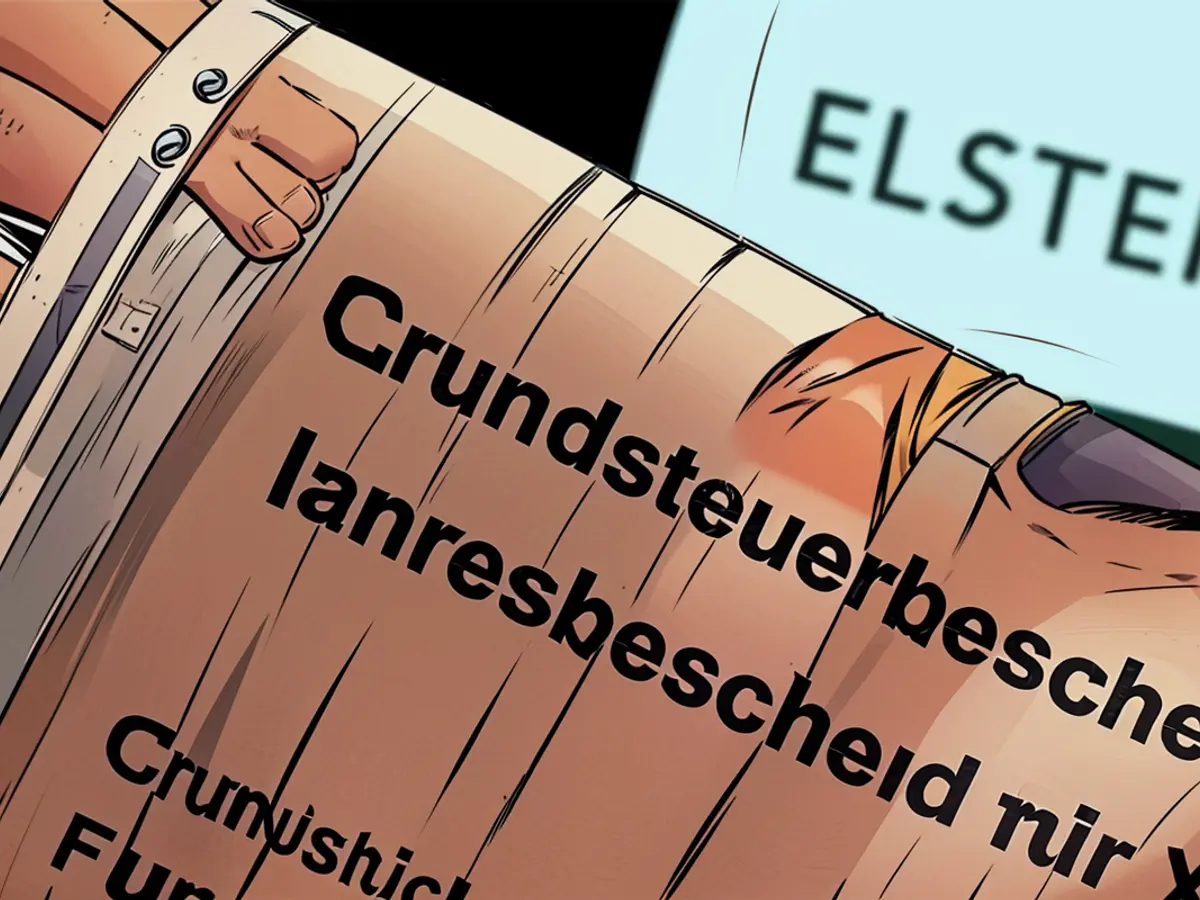Property tax - State parliament gives local authorities more freedom with property tax
The North Rhine-Westphalia state parliament is granting communes more freedoms in shaping the new property tax. Cities and municipalities can now set different tax rates for residential and commercial real estate properties for the calculation of the property tax, instead of a uniform rate. A corresponding bill from the black-green coalition government factions was passed in a named vote.
With this differentiation, the state aims to prevent excessive burdening of owners of residential properties. The communes can avail of this option but are not obligated to. The NRW Finance Minister Marcus Optendrenk (CDU) reiterated this in the plenary debate. Thus, communes can continue to set a uniform tax rate for land. The state cites regional differences in NRW as an argument for differential tax rates. For instance, residential properties in the Cologne or Düsseldorf regions are particularly expensive.
Controversial Bill
A third reading of the controversial bill was scheduled on the request of the opposition FDP. Normally, bills are passed after the second reading. The Liberals, along with municipal associations, voiced significant criticism of the government plans regarding tax rates.
According to the municipalities, differential tax rates are not legally secure. The values could be discussed in councils every year and could lead to regular conflicts between business owners and private property owners, they feared.
The Finance Administration of NRW had already published model values for different tax rates for each of the 396 communes. According to the state's calculations, these proposed tax rates would keep the property tax revenues for each commune stable compared to the previous income.
The goal of the federal and state governments in implementing the property tax reform is revenue neutrality. This means that the tax revenue in individual communes should be approximately the same after the reform as before. For individuals or businesses, the property tax could still increase or decrease.
6.5 million properties to be revalued
From January 1, 2025, property owners must pay property tax based on a fundamentally new calculation. The reform is based on a decision of the Federal Constitutional Court in 2018, which deemed the previous assessment basis in Germany unconstitutional. In NRW, approximately 6.5 million properties need to be revalued. The property tax, with a revenue of around four billion Euros, is one of the most important revenue sources for the communes, with which they finance schools, kindergartens, streets, and playgrounds.
- The proposal to grant municipalities more freedom in setting property tax rates for residential and commercial real estate properties in North Rhine-Westphalia (NRW) was put forward by the black-green coalition government factions, led by Finance Minister Marcus Optendrenk (CDU) from Düsseldorf, in the NRW state parliament.
- The goal of this reform is to prevent excessive burdening of residential property owners, with municipalities having the option but not the obligation to implement differential tax rates for residential and commercial properties.
- Criticism of the proposal has come from the opposition FDP, who argue that differential tax rates are not legally secure and could lead to regular conflicts between business owners and private property owners.
- The state of NRW has published model values for different tax rates for each of the 396 communes, with the Finance Administration estimating that these proposed rates would keep property tax revenues stable compared to previous income.
- The property tax reform, which will see 6.5 million properties revalued from January 1, 2025, is a significant initiative aimed at achieving revenue neutrality for individual communes, with property tax remaining one of the most important revenue sources for municipalities in financing public services such as schools, kindergartens, streets, and playgrounds.
- This property tax reform in Germany is a result of a decision by the Federal Constitutional Court in 2018, which deemed the previous assessment basis for property tax unconstitutional.
- The implementation of the property tax reform in NRW is expected to have significant implications for property owners, with both individuals and businesses potentially seeing increases or decreases in their property tax payments depending on the new tax rates set by their respective municipalities.








